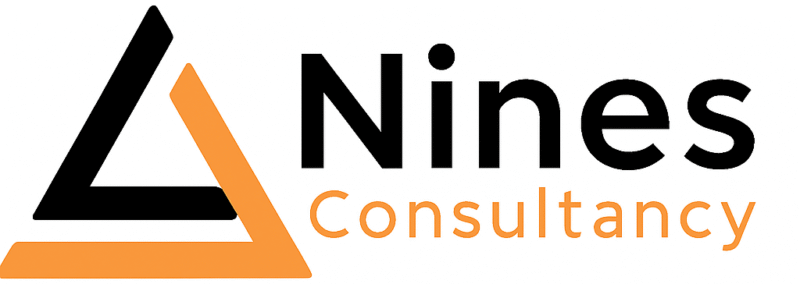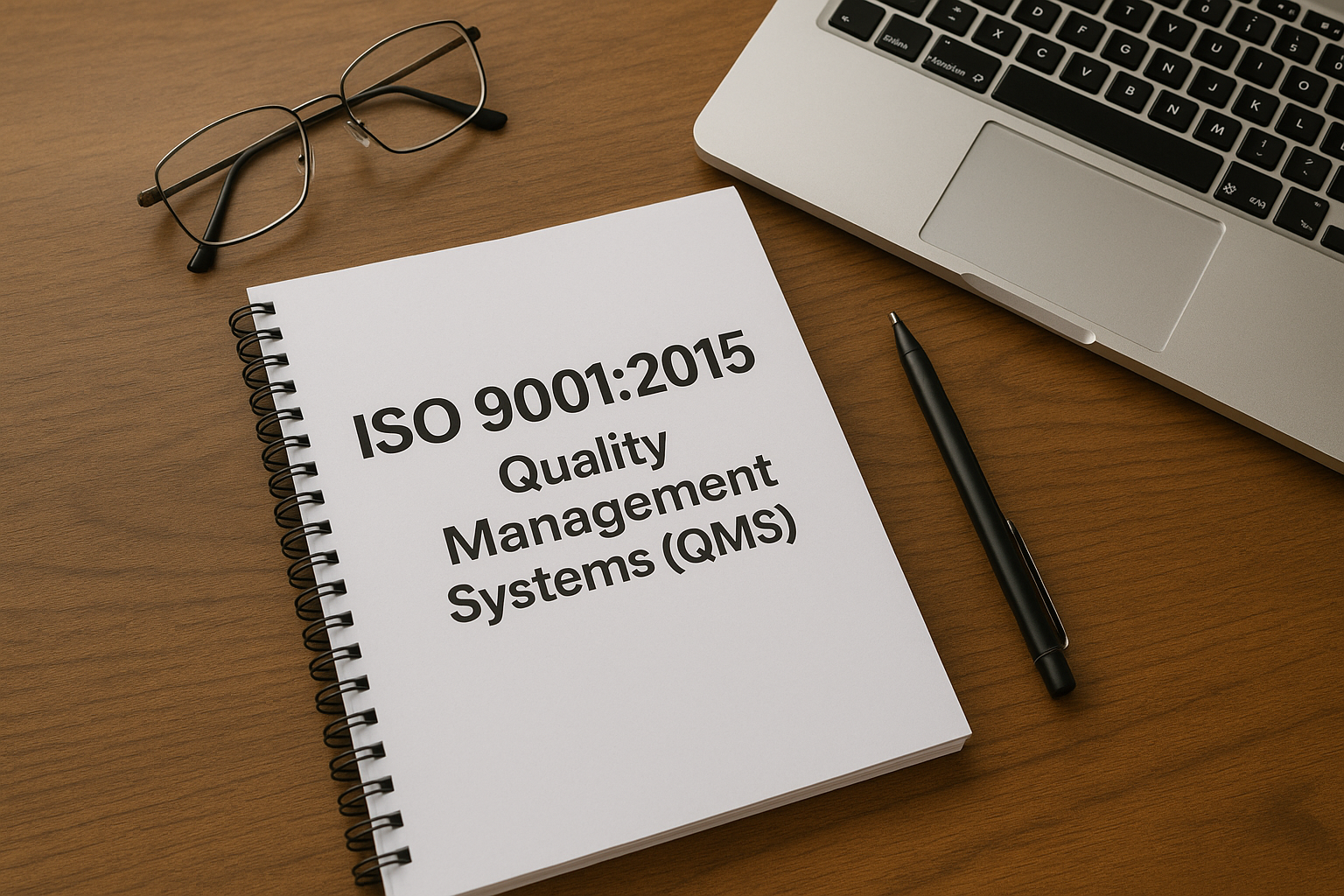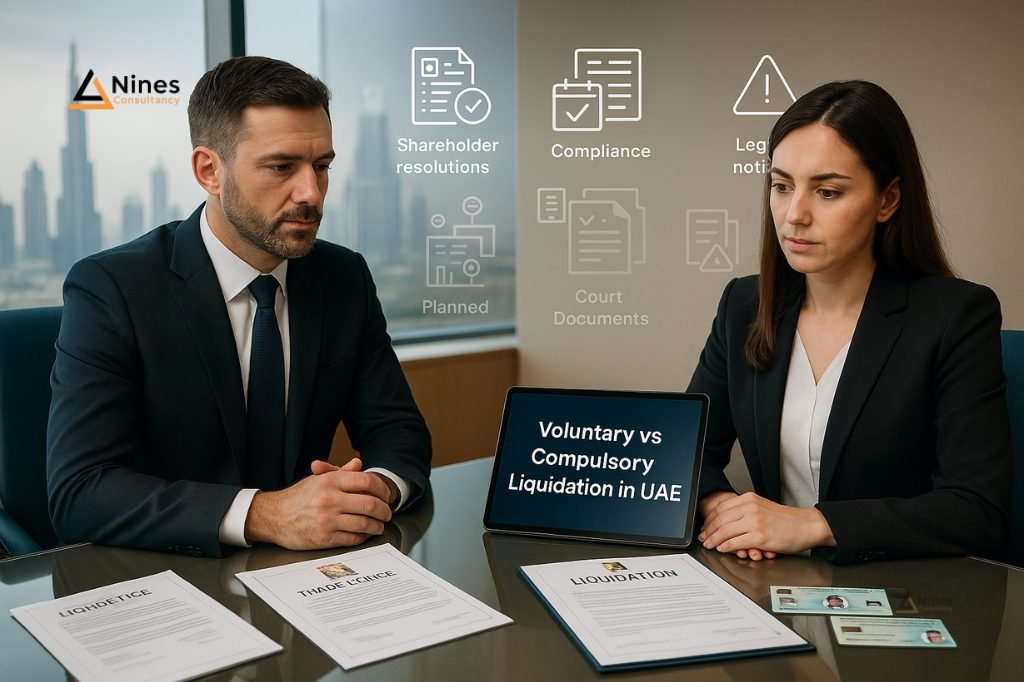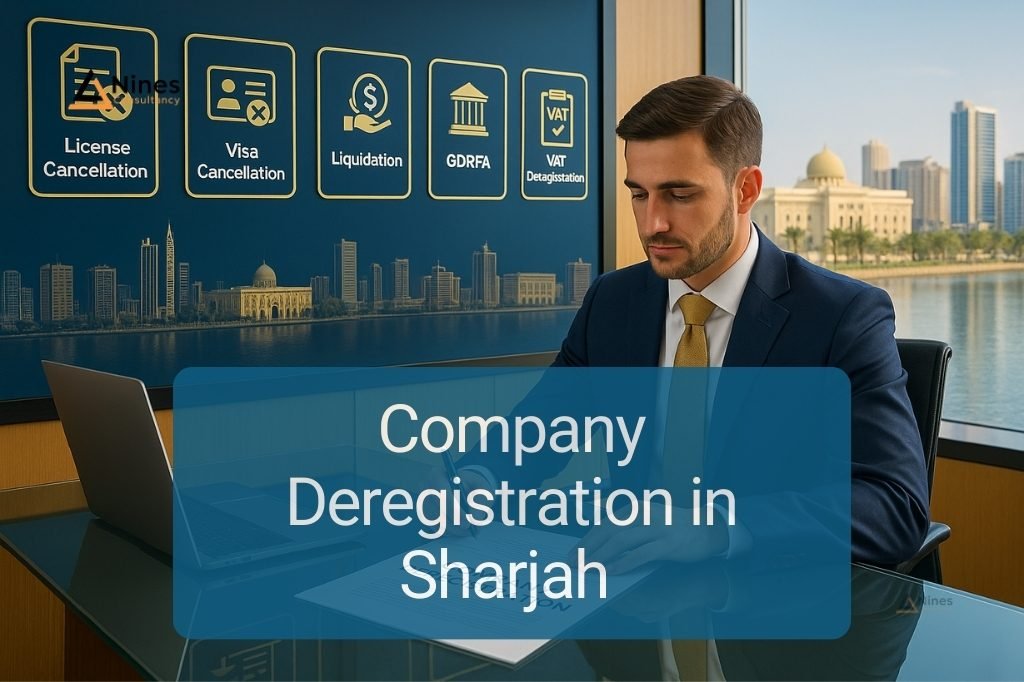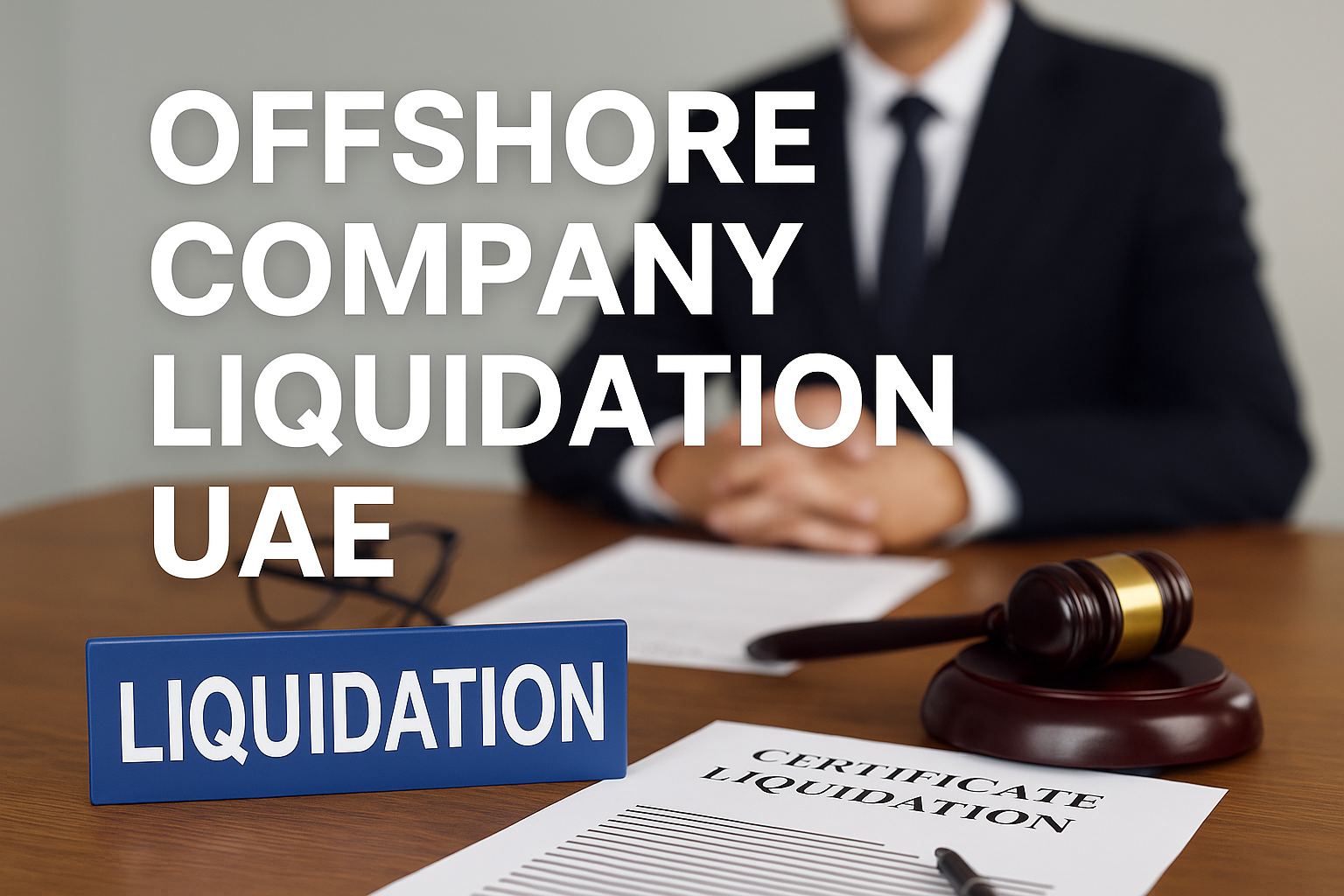Introduction
Did you know that over one million organizations in more than 170 countries are ISO 9001 certified? That’s because the ISO 9001:2015 Quality Management System (QMS) has become the world’s most recognized framework for ensuring consistent quality, customer satisfaction, and operational efficiency.
Whether you run a small business or a multinational corporation, implementing ISO 9001 can transform how your organization operates. It helps you improve customer trust, streamline processes, and build a culture of continual improvement.
In this guide, we’ll explain what ISO 9001:2015 is, why it matters, the certification process, documentation requirements, and how it helps businesses in the UAE and beyond achieve international credibility and operational excellence.
What is ISO 9001:2015 Quality Management System (QMS)?
The ISO 9001:2015 standard defines the requirements for establishing a Quality Management System (QMS) a structured framework that helps organizations ensure that their products and services consistently meet customer and regulatory requirements.
Developed by the International Organization for Standardization (ISO), this standard applies to organizations of all types and sizes, across industries such as manufacturing, construction, education, healthcare, IT, and hospitality.
Key focus areas of ISO 9001:2015 include:
• Customer focus and satisfaction
• Leadership commitment
• Process-driven approach
• Risk-based thinking
• Continuous improvement
• Data-driven decision-making
ISO 9001:2015 replaced ISO 9001:2008, introducing a more flexible structure based on the Annex SL framework, aligning with other ISO standards like ISO 14001 (Environment), ISO 45001 (Occupational Health & Safety), and ISO 27001 (Information Security).
Why ISO 9001:2015 Matters for Your Business
Achieving ISO 9001 certification demonstrates your organization’s commitment to quality, credibility, and continuous improvement. It builds trust among customers, partners, and regulators while helping you optimize internal operations.
Top benefits of ISO 9001 certification include:
- Enhanced Customer Satisfaction: Meeting and exceeding client expectations consistently.
- Operational Efficiency: Streamlining processes and reducing waste or rework.
- Global Recognition: ISO 9001 certification is recognized worldwide as a mark of excellence.
- Employee Engagement: Establishing clear roles, accountability, and performance metrics.
- Risk Management: Identifying and mitigating operational and compliance risks.
- Competitive Advantage: Winning tenders and partnerships requiring ISO accreditation.
For UAE-based businesses, ISO 9001 is often a prerequisite for government contracts, freezone operations, and international partnerships.
Core Principles of ISO 9001:2015
The seven quality management principles (QMPs) underpin ISO 9001:2015. Understanding these helps organizations apply the standard effectively.
- Customer Focus: Delivering consistent value and satisfaction.
- Leadership: Establishing unity of purpose and clear direction.
- Engagement of People: Empowering and involving employees at all levels.
- Process Approach: Managing activities as interrelated processes for efficiency.
- Improvement: Promoting a culture of continuous enhancement.
- Evidence-Based Decision Making: Using accurate data to guide business choices.
- Relationship Management: Building trust based relationships with stakeholders.
ISO 9001:2015 Structure and Clauses
The standard follows a 10-clause structure that can be integrated easily with other ISO management systems:
1. Scope
2. Normative References
3. Terms and Definitions
4. Context of the Organization
5. Leadership
6. Planning
7. Support
8. Operation
9. Performance Evaluation
10. Improvement
The heart of the system lies in clauses 4 to 10, where organizations identify internal and external issues, assess risks, plan actions, and measure performance through internal audits and management reviews.
Steps to Achieve ISO 9001:2015 Certification
Implementing and certifying a QMS involves a structured approach:
1. Gap Analysis
Identify where your existing processes differ from ISO 9001:2015 requirements.
2. Documentation Development
Prepare QMS documents including policies, procedures, work instructions, and quality manuals.
3. Implementation
Roll out QMS practices across all departments, ensuring employee awareness and training.
4. Internal Audit
Conduct internal audits to verify effectiveness and readiness for external assessment.
5. Management Review
Top management evaluates QMS performance, audit results, and improvement opportunities.
6. External Certification Audit
An accredited certification body (like BSI, SGS, or Bureau Veritas) audits your system in two stages:
• Stage 1: Documentation review.
• Stage 2: On-site verification and process assessment.
7. Certification & Surveillance
Once compliance is confirmed, you’ll receive ISO 9001:2015 certification valid for three years, subject to annual surveillance audits.
Required Documentation for ISO 9001:2015
While ISO 9001:2015 allows flexibility, some key documents remain essential:
• Quality Policy and Objectives
• Organizational Chart and Process Map
• Risk and Opportunity Assessment
• Document Control Procedure
• Internal Audit Reports
• Corrective and Preventive Actions (CAPA)
• Management Review Minutes
Using a document control system or electronic QMS (eQMS) like MasterControl, Arena QMS, or QT9 helps ensure version control, accessibility, and compliance tracking.
ISO 9001:2015 in the UAE Context
In the UAE, ISO 9001 certification is widely recognized across government bodies, free zones, and private industries. Many organizations pursue it to meet Emirates Authority for Standardization and Metrology (ESMA) or Dubai Municipality requirements.
Popular industries seeking ISO 9001 certification include:
• Construction and Real Estate
• Hospitality and Tourism
• Healthcare and Pharmaceuticals
• Manufacturing and Engineering
• Education and Training
• Logistics and Transportation
Partnering with an experienced consultancy like Nines Consultancy ensures smooth implementation, proper documentation, and coordination with accredited certification bodies for a hassle-free process.
Integration with Other ISO Standards
ISO 9001:2015 integrates seamlessly with other management systems:
• ISO 14001 (Environmental Management)
• ISO 45001 (Occupational Health & Safety)
• ISO 27001 (Information Security)
• ISO 22000 (Food Safety Management)
• ISO 13485 (Medical Device QMS)
An integrated management approach reduces duplication, enhances consistency, and improves overall organizational performance.
Why Choose Nines Consultancy for ISO 9001 Certification Support
At Nines Consultancy, we specialize in guiding UAE businesses through the entire ISO 9001 journey from gap analysis to certification.
Our approach includes:
• Tailored consultation for your business type.
• Document preparation and internal audit support.
• Employee training on QMS awareness.
• Coordination with accredited certification bodies.
We ensure compliance, cost-effectiveness, and long-term sustainability of your management system.
Conclusion
Implementing ISO 9001:2015 Quality Management System is not just about earning a certificate it’s about embedding a culture of quality, accountability, and continuous improvement in your organization.
Whether you’re aiming to enhance customer satisfaction, enter new markets, or meet contractual requirements, ISO 9001 gives you the framework to achieve measurable success.
Ready to get ISO 9001 certified?
Contact Nines Consultancy today for expert guidance, documentation support, and certification assistance tailored to your business needs.
